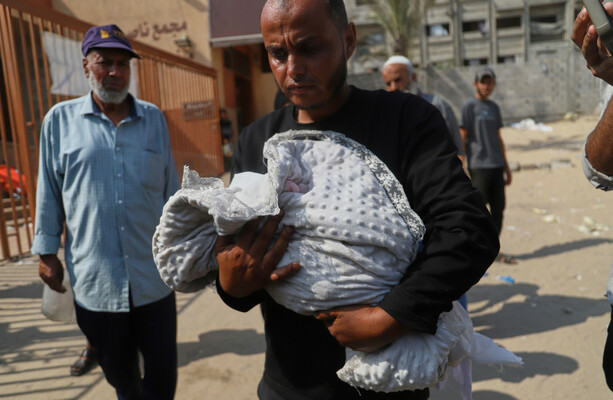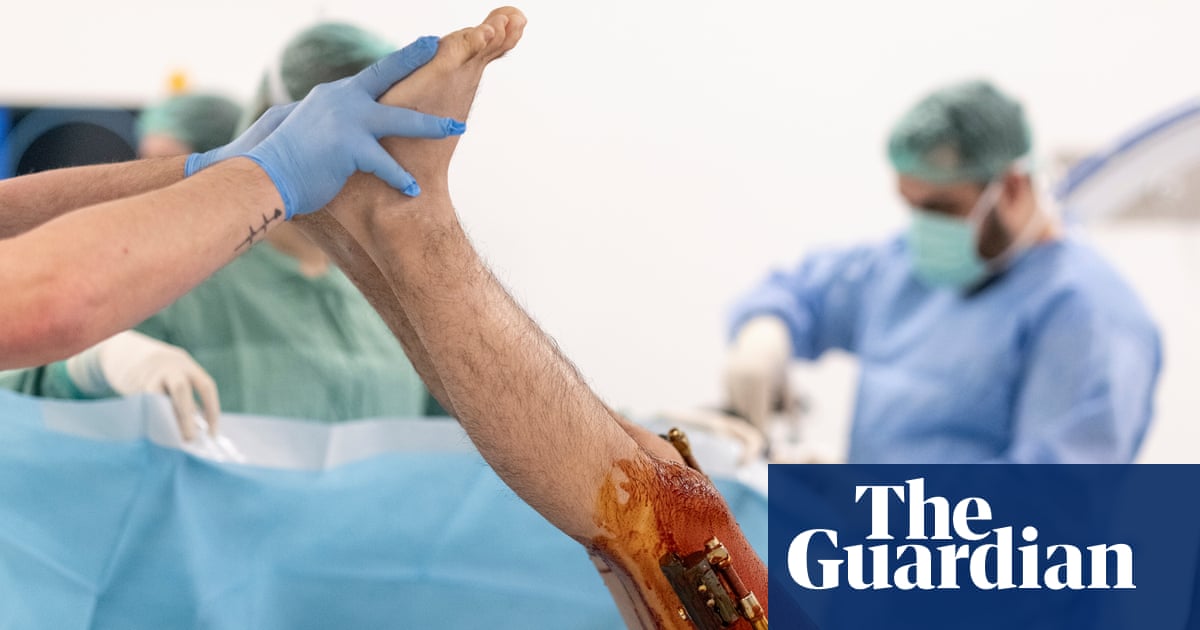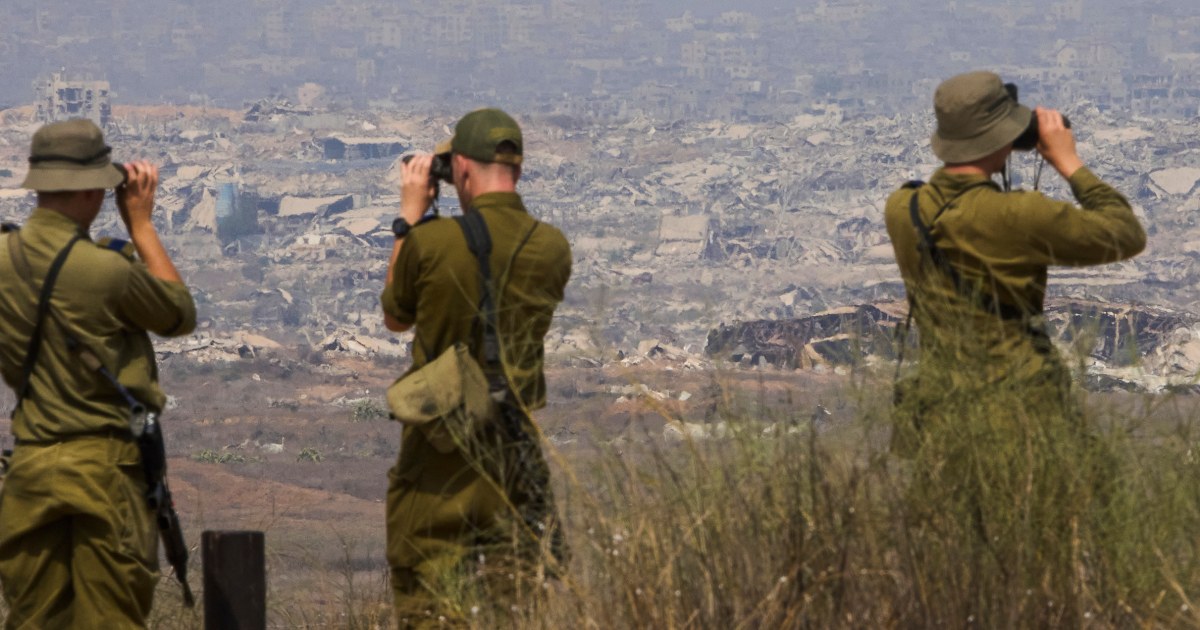Tragedy Strikes: The Heartbreaking Story of Zainab Abu Halib, A Baby Lost to Starvation in Gaza

Can you imagine losing your baby to starvation? That’s the devastating reality for a mother in Gaza, who pressed a final kiss on her five-month-old daughter, Zainab Abu Halib, as she wept. In a heart-wrenching scene, the little girl weighed less than she did at birth, a tragic symbol of the dire humanitarian crisis unfolding in a war-torn region.
On a sunlit street in the shattered landscape of Gaza, Zainab’s story unfolds—the latest casualty of a relentless conflict that has dragged on for 21 months, compounded by severe Israeli restrictions on aid. Just yesterday, the precious infant was taken to Nasser Hospital, but it was too late; she had already succumbed to the horrors of malnutrition.
A morgue worker, filled with sadness, carefully removed Zainab's Mickey Mouse-printed shirt, revealing her frail body. Her open eyes were sunken, her pants barely fit her knobby knees, and the worker could count the bones of her chest. Born healthy at more than 3 kilograms (6.6 lbs), Zainab’s life was tragically cut short when she weighed less than 2 kilograms (4.4 lbs) at the time of her death.
Medical professionals described her condition as “severe, severe starvation.” Wrapped in a white sheet for burial, she was placed on the sandy ground as prayers began. The imam’s hands rose in invocation, a somber farewell for a life extinguished far too soon.
According to Gaza’s health ministry, Zainab was one of 85 children who lost their lives to malnutrition-related causes in just the past three weeks. Another 42 adults have also succumbed to similar fates in the same timeframe. Zainab’s father, Ahmed Abu Halib, shared the heartbreaking reality that his daughter needed a special baby formula unavailable in Gaza, highlighting the tragic consequences of a blockade that has left many families without essential supplies.
Dr. Ahmed al-Farah, the head of the pediatric department, revealed that Zainab suffered from a lack of appropriate formula, leading to chronic diarrhea, vomiting, and ultimately a bacterial infection that her weakened immune system could not fight. The family, like many others in Gaza, was displaced and living in a tent, further complicating their struggle for survival.
“With my daughter’s death, many will follow,” lamented Esraa Abu Halib, Zainab’s mother. “They are just names and numbers. We are just numbers.” Her words resonate with the weight of despair that many families in Gaza carry, hidden beneath loose robes that conceal their own malnutrition.
Dr. al-Farah noted a sharp increase in malnutrition cases arriving at the hospital, with his department overwhelmed, seemingly treating more cases than their limited capacity allows. He warned that without immediate aid and the opening of crossings for food and baby formula, the death toll would continue to rise dramatically.
As the conflict intensifies, Israeli restrictions on aid have left the region reeling. After a ceasefire ended in March, the entry of food and medical supplies was cut off completely for two and a half months, leading to widespread starvation. Although some aid has started trickling in since May, the numbers remain alarmingly inadequate compared to the needs of a population exceeding two million.
Every day, Gaza’s residents, including babies like Zainab, face the stark reality of survival. “There was a shortage of everything,” lamented Zainab’s mother amid her grief. “How can a girl like her recover?”




























